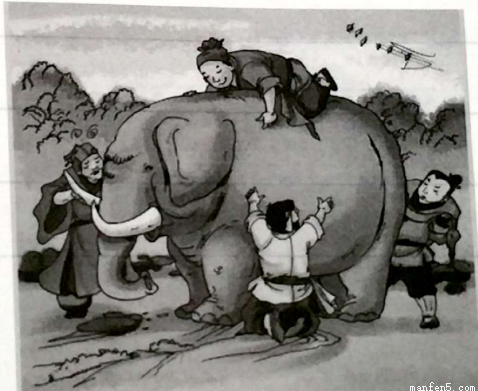题目内容
Ebola is a dangerous virus that can cause people to get very sick and even die. The virus is causing the biggest problems in western Africa, where it has spread quickly.1. But it can get worse and cause life-threatening symptoms, such as bleeding and trouble breathing.
2.
Ebola does not spread like colds or the flu because it does not float through the air. Ebola also doesn’t spread through food or water, like some other viruses. Instead, Ebola spreads when someone touches the body fluids (such as spit) of a sick person.
3.
An outbreak is when many people are getting sick with the same illness around the same time. You may have heard of a flu outbreak, which is when lots of people get sick from the same types of flu virus. When an outbreak happens because of a virus, more people could get sick because there is a lot of that virus around.
Where did Ebola come from?
Scientists aren’t sure how the first person gets Ebola at the start of an outbreak. 4.Tropical animals in Africa believed to carry the virus include great apes, chimpanzees, gorillas, monkeys, fruit bats, porcupines, and forest antelope.
What do kids need to do about Ebola?
Ebola is making many people sick in Africa, but no matter where you live, it’s always a good idea to wash your hands well and often. 5.
A. Why do I need to wash my hands?
B. How do people catch Ebola?
C. Ebola symptoms can start with fever and headache, kind of like the flu.
D. But they think that people may pick up the virus by touching or eating infected animals.
E. It’s very important that infected people get treatment right away.
F. Keeping hands clean can help protect you from common illnesses like colds and the flu.
G. What is an outbreak?
 100分闯关期末冲刺系列答案
100分闯关期末冲刺系列答案

